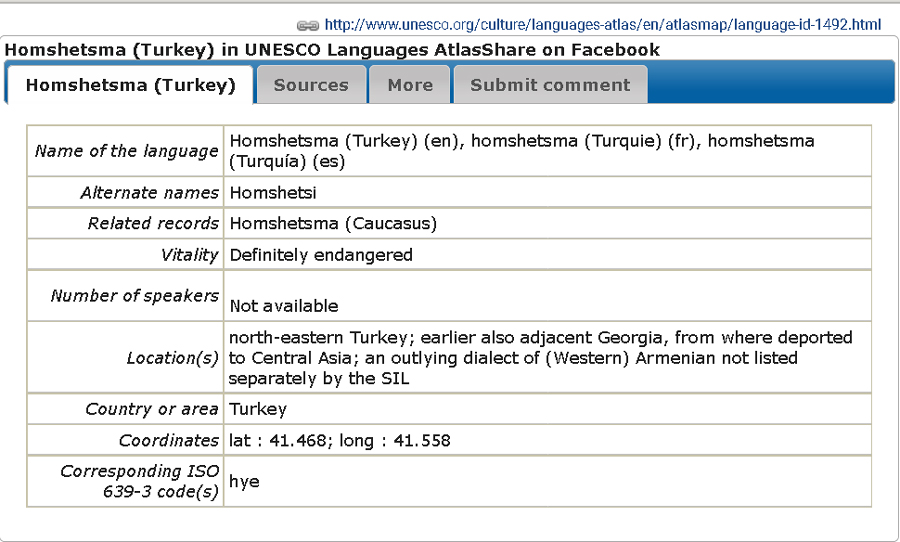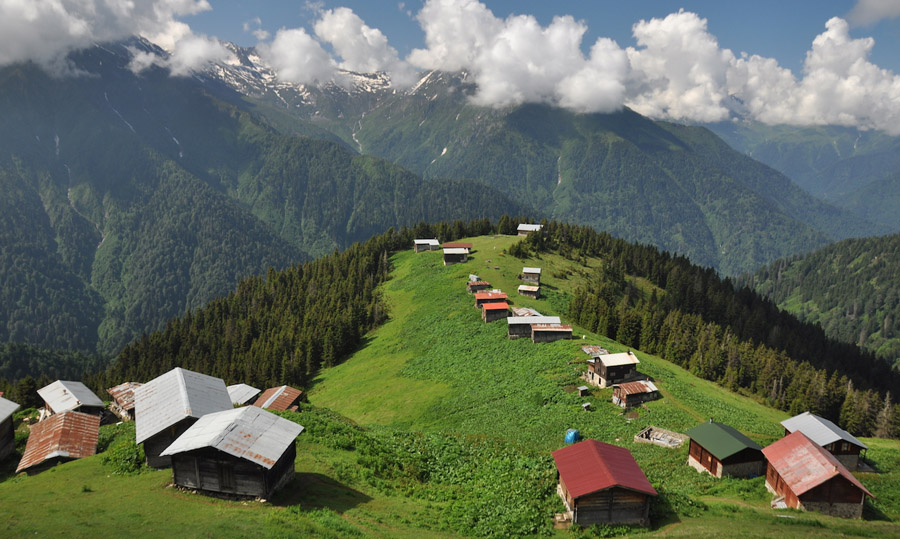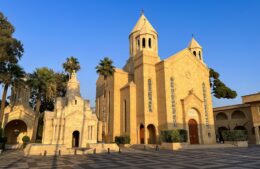Unesco classifies the dialect of Hamshen Armenians as ‘Definitely endangered’
- (0)

(photo by Ufuk Teksoy)
There are approximately 7,000 languages in the world, and 95 percent of the world’s population speak 300 of them. Half the world speaks the largest 16. According to the Endangered Languages Project, some 40 percent of the world’s languages are threatened.
The Armenian dialect of the Hamshen people of the Black Sea is one of the 18 languages under the threat of disappearance in Turkey, according to the UNESCO Atlas of the World’s Languages in danger. The Homshetsma is the dialect of Hamshen Armenians. Currently, the Hamshen dialect is classified as ‘’Definitely endangered’’. The report does not mention the number of Homshetsma speakers.
Other endangered languages in Turkey include Laz and Pontic Greek.
United Nations Education, Scientific and Cultural Organisation (UNESCO), regularly publishes and updates the list of endangered languages.
UNESCO also provides a classification system to show just how ‘in trouble’ the language is:
- Vulnerable – most children speak the language, but it may be restricted to certain domains (e.g., home)
- Definitely endangered – children no longer learn the language as a ‘mother tongue’ in the home
- Severely endangered – language is spoken by grandparents and older generations; while the parent generation may understand it, they do not speak it to children or among themselves
- Critically endangered – the youngest speakers are grandparents and older, and they speak the language partially and infrequently
- Extinct – there are no speakers left.
Hamshen is the Armenian name for the settlement in historic Lesser Armenia, present day Hemşin district in the province of Rize, Turkey.
In the 8th century, Prince Hamam and his father Prince Shabuh Amatuni were forced to leave their lands in Artaz (Vaspurakan) under the pressure of the Arab Invasion. The two Princes along with their priests, people and soldiers moved to the Black Sea Region of historic Lesser Armenia, where they settled in the destroyed City of Tambur and its surrounding villages (currently Hemshin and ChamliHemshin).
Many of the Hamshentsi people have often forcefully been converted to Islam. Ottoman records show that Hamshen was overwhelmingly Christian until the late 1620s. During the Armenian Genocide most Christian Hamshentsis were prosecuted and deported.




















